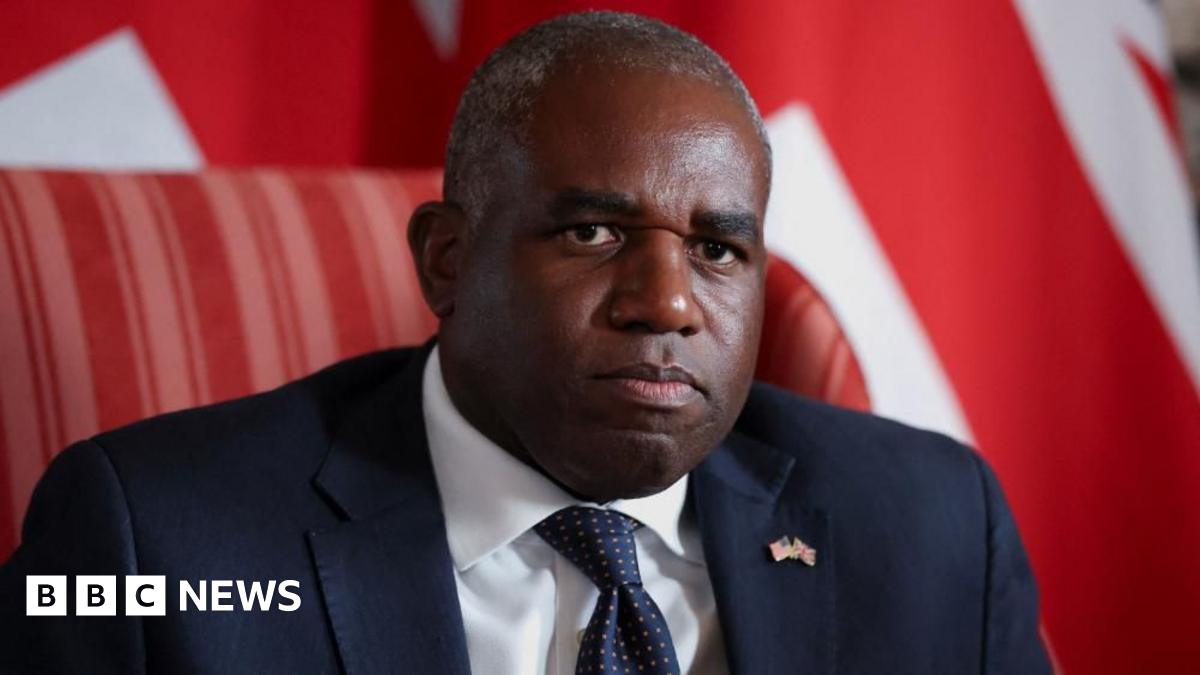Australia to Officially Recognize Palestinian Statehood at UN General Assembly

In a landmark decision poised to reshape Australia's foreign policy, Prime Minister Anthony Albanese has announced that Australia will formally recognize the State of Palestine at the United Nations General Assembly next month. This move, confirmed in a recent statement, signifies a significant shift in Australia’s approach to the Israeli-Palestinian conflict and has already sparked considerable debate both domestically and internationally.
A Long-Awaited Recognition: For years, calls for Australia to recognize Palestinian statehood have grown louder, fueled by increasing concerns over the ongoing humanitarian crisis in Gaza and the stalled peace process. Advocates argue that recognition is a crucial step towards achieving a two-state solution and fostering a more just and equitable future for both Israelis and Palestinians.
Albanese's Justification: Prime Minister Albanese emphasized the importance of this recognition as a means of promoting a lasting peace. He stated that the recognition is not intended to undermine Israel's security or diminish its legitimacy, but rather to create a framework for constructive dialogue and a potential path towards a negotiated settlement. “Recognition isn’t a reward, it’s a responsibility,” Albanese reportedly said, highlighting the need for a viable Palestinian state alongside a secure Israel.
The UN General Assembly Context: The decision to recognize Palestine will be announced during the UN General Assembly, a platform for global leaders to address pressing international issues. This timing is strategically significant, allowing Australia to align its policy with growing international support for Palestinian statehood. Numerous countries worldwide have already formally recognized Palestine, and Australia’s move is expected to encourage others to follow suit.
Domestic and International Reactions: The announcement has been met with mixed reactions. Within Australia, the opposition has voiced concerns about the potential impact on Australia’s relationship with Israel and the timing of the decision. Israel's government has strongly condemned the move, viewing it as detrimental to peace efforts. Conversely, Palestinian officials have welcomed the announcement as a positive and long-overdue step towards international legitimacy.
Implications for the Future: While the recognition of a Palestinian state does not automatically guarantee a resolution to the conflict, it represents a symbolic and potentially transformative moment. It underscores the international community’s commitment to a two-state solution and places further pressure on both sides to engage in meaningful negotiations. The recognition will likely lead to a renewed focus on diplomatic efforts and the development of a roadmap for a peaceful and sustainable future in the region.
The Broader Geopolitical Landscape: Australia’s decision comes at a time of heightened tensions in the Middle East. The ongoing conflict in Gaza has further complicated the situation, making a lasting peace seem increasingly elusive. However, proponents of recognition argue that it is precisely during times of crisis that bold and principled decisions are needed to break the cycle of violence and pave the way for a more stable and secure future.
The Australian government is expected to provide further details on the specific process and timing of the recognition in the coming weeks. The world will be watching closely to see how this pivotal decision unfolds and what impact it will have on the future of the Israeli-Palestinian conflict.






